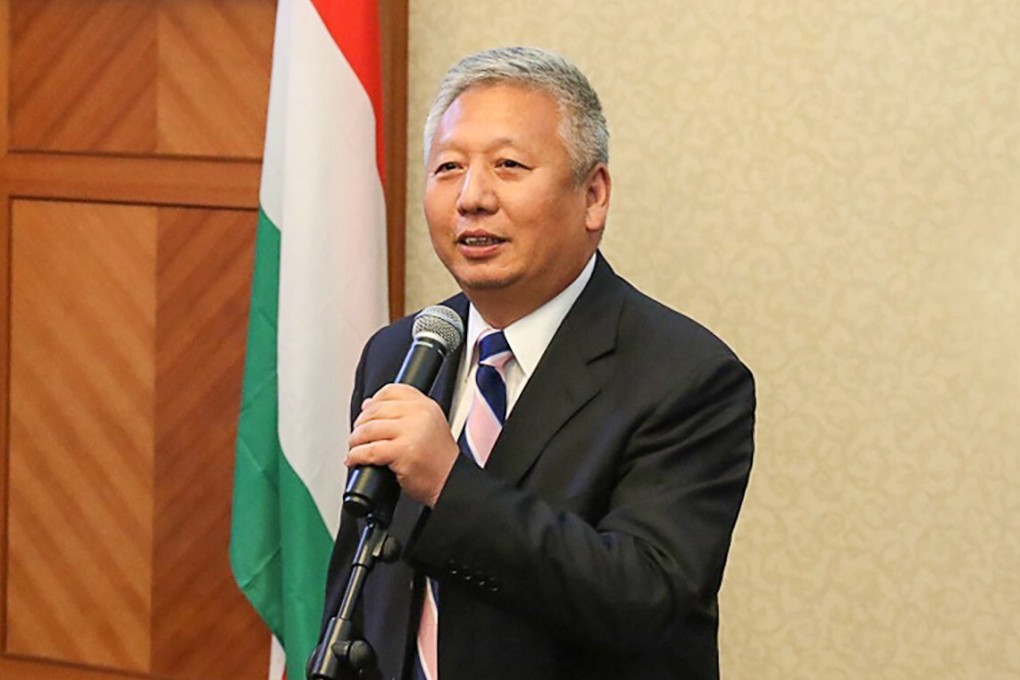Chinese diplomat elected to maritime disputes tribunal amid South China Sea tension and US objection
- Duan Jielong was elected to serve a nine-year term on the International Tribunal for the Law of the Sea
- The US opposed the Chinese candidate, arguing that China disregarded international law in the South China Sea

Duan Jielong, China’s ambassador to Hungary, was among six judges elected at Monday’s 30th meeting of the States Parties to the United Nations Convention on the Law of the Sea (Unclos) at the UN headquarters in New York.
Duan will be the fourth Chinese official to serve as a member of the Itlos. His nine-year term starts on October 1.
The tribunal, established under Unclos, is an intergovernmental organisation based in Hamburg, Germany, to settle international maritime disputes. It has 21 seats and the election at the 30th meeting was to replace seven of the judges.
There are 168 States Parties to the UN Convention on the Law of the Sea. Duan received 149 votes.
David Stilwell, US assistant secretary of state for East Asian and Pacific affairs, said: “Electing a PRC [People’s Republic of China] official to this body is like hiring an arsonist to help run the fire department.”